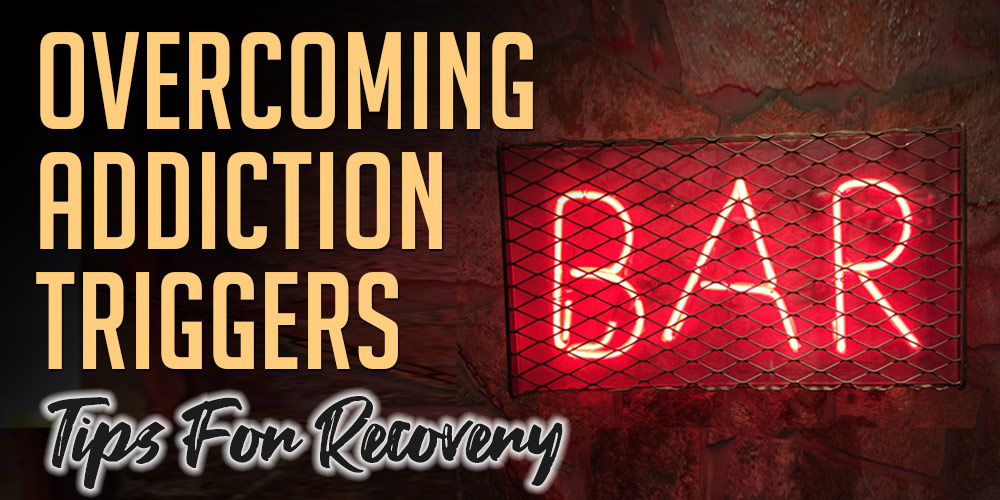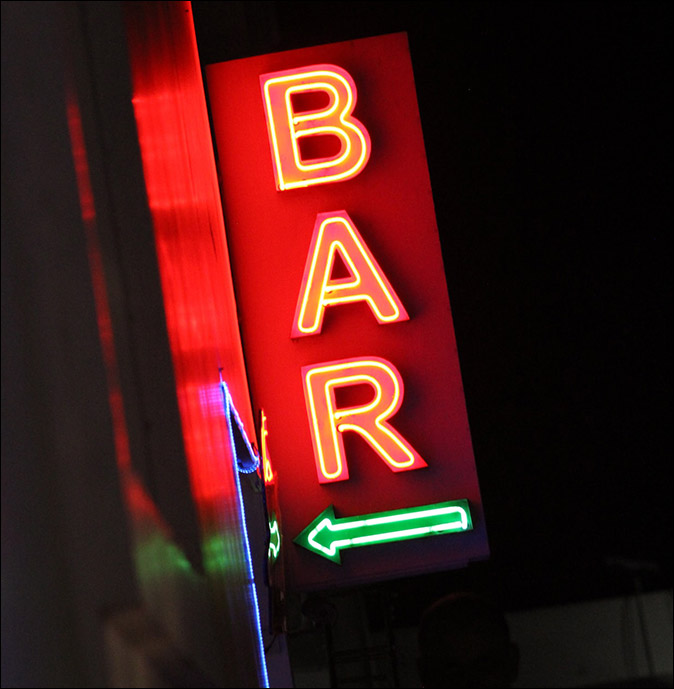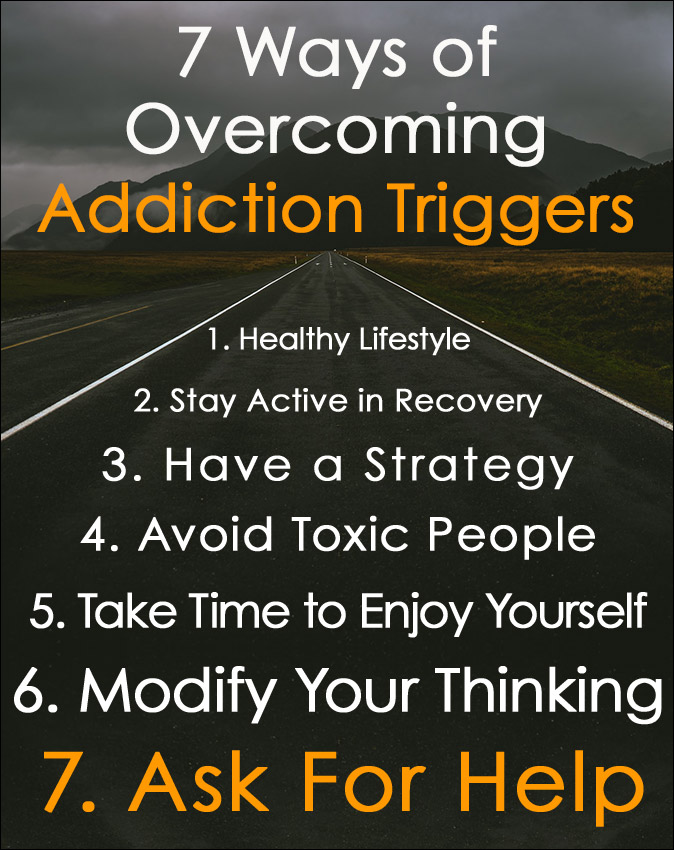
The most difficult part of overcoming addiction and addiction triggers is making the decision to seek help and quit using alcohol and drugs. The most effective way to overcome addiction is often the next hurdle that people struggling with the condition must face.
Fortunately, evidence-based addiction treatment has made incredible advances in the last two decades and there is a variety of effective recovery options for anyone that needs help with substance abuse, dependency or the disease of addiction.
What are Some Ways of Overcoming Addiction Triggers?
Each person responds to treatment differently, and luckily there are a number of effective treatment options such as:
- Residential Inpatient Treatment Program
- Intensive Outpatient Program (IOP)
- Partial Hospitalization Program (PHP)
- 12 Step Programs like AA or NA
- Sober Living Communities
Relapse Prevention for Overcoming Addiction
Along with getting sober, preventing relapse is one of the most important phases of recovery. Learning relapse prevention techniques helps people navigating a new life in recovery overcome their addiction triggers and cravings.
Without these tools, triggers and cravings can quickly derail a person’s sobriety and put them on a path to using drugs and alcohol again.
Relapse Prevention is one of the therapies many inpatient treatment centers use, in addition to other behavioral therapies. Because of its usefulness, relapse prevention is also an important aspect of 12 step support groups, outpatient treatment and sober living communities.
Understanding how to avoid and overcome addiction triggers will actually decrease the amount, duration and strength of cravings a person experiences. So, it’s important to know the difference between triggers and cravings.
What Are Addiction Triggers and Cravings?
An addiction trigger can be nearly anything that the brain associates with the “high” that results from substance abuse. A trigger can be physical, like the uncomfortable or painful withdrawal symptoms that can occur for a newly sober person. The brain knows that using drugs or alcohol will lessen the discomfort of withdrawal.
Another type of trigger can be psychological, such as experiencing toxic stress, anxiety or depression.
In each case, these triggers ignite a craving response in the brain because it has been chemically wired during active addiction to associate drugs and alcohol with happiness or positive feelings. A craving may be fleeting, or last for days or even weeks.
Left unaddressed, cravings can incredibly hard to manage and shake. Learning how to manage triggers will reduce the number of cravings a person working to overcome drug addiction or overcome alcohol addiction will have to deal with.

Some of the most common addiction triggers can include:
- Withdrawal symptoms, such as nausea, exhaustion, and insomnia in the immediate stages of detox.
- Post-acute withdrawal symptoms (PAWS), which can last for up to 20 months or more, is a second withdrawal stage that can occur as a patient’s brain chemistry returns to normal.
- People, places and things associated with past substance abuse. This may be running into friends or colleagues who previously were “drinking buddies.” It may also be a location, such as a bar, a beach or any place that reminds a person of past substance use. Old paraphernalia from drug use or even a favorite beer mug can spark a trigger as well.
- Improper self-care, which includes issues like too much stress, a lack of sleep, poor nutrition, or even little to no exercise, can add up to feeling depressed, anxious or irritable. As a result, this can easily become a trigger.
- Toxic or troubled relationships that create a lot of stress and emotional turmoil.
- Major life events like the death of loved one, divorce, trauma or tragedy.
- Extended social isolation without spending time with or speaking to those you care about and who care about you.
Here Are 7 Ways of Overcoming Addiction Triggers
It can be overwhelming to think about the broad range of triggers that exist. The fact is, triggers are different for everyone, based on their individual history and experiences, so there’s not necessarily a ready one-size-fits all solution.
However, there are steps that everyone in recovery can take to minimize and manage their potential triggers.

1. Maintain a Healthy Lifestyle
It’s necessary to maintain a healthy lifestyle while in recovery for both the body and the mind.
The benefits of regular exercise, proper nutrition, restful sleep and mindful activities like yoga and meditation can provide a powerful counterbalance to life’s inevitable stressors and triggers.
2. Stay Active in Recovery
As difficult as it may be, especially with a substantial time sober, it’s necessary to stay active in recovery by continuing to go to support group meetings or seeing a counselor regularly.
This helps keep people in recovery listening and communicating about any triggering issues, and even provides the opportunity to help others who may be struggling as well.
3. Have a Strategy if Addiction Triggers Arise
It is virtually impossible to completely avoid triggers all the time. There will always be work events where colleagues are drinking, holiday parties, family gatherings, or other situations that are likely to be trigger-laden.
By having a strategy and understanding this ahead of time, it takes some of the power away from the triggers and provides the opportunity to head them off before they take root.
Before attending an event that may cause issues, ask in advance for non-alcoholic drinks to be available at the party, or even bring a confidant along to help you stay on track.
Having a plan ahead of time can save a lot of unnecessary emotional turmoil if a potential trigger arises.
4. Avoid Toxic People and Relationships
Obviously, it’s not always possible to avoid toxic people or relationships, especially if a troublesome person happens to be your boss or a colleague.
However, keeping a distance from old friends who show no support for your recovery, or insist that you join them for a drink or other self-destructive habits is necessary.
It may mean you have to tell them you can no longer be around them, but it might also just be as easy as deleting their contact information from your phone and moving on with your life in recovery.
5. Take Time to Enjoy Yourself
This might sound silly, but sometimes we have to remind ourselves of simple pleasures that addiction may have clouded or taken away for a time.
Take the opportunity to do things that aren’t necessarily productive, but that you enjoy, such as going to the movies, binging on a great Netflix series, indulging in a jigsaw puzzle habit, or spending time with loved ones.
A little fun can reduce stress and make life better, so always take time to enjoy yourself any chance you get, to make life more enjoyable in recovery.
6. Modify Your Thinking
Since it’s impossible to completely avoid triggers, realize there’s no sense or benefit from panicking when they arise.
Take a moment to assess the situation clearly, manage your emotions and, if necessary, plan an exit. The less power a trigger has, the better.
In the beginning of recovery, it’s imperative to modify your thinking, but over time it gets easier as it becomes habitual. Cognitive behavioral therapy offers some great techniques for managing thoughts and behaviors.
7. Ask For Help
It is completely unnecessary and sometimes impossible to struggle alone in isolation. Feeling depressed, anxious, or trying to battle a constant barrage of triggers by yourself can be overwhelming and dangerous for those in recovery.
There’s no shame or guilt in calling a loved one to come spend time with you, or reaching out to another sober friend, or sponsor. Sometimes it’s unavoidable, and if things get really serious, make an appointment to see your therapist, or even check back into treatment.
Take advantage of the support of others to overcome your triggers, and ask for help whenever necessary. Overcoming addiction triggers is much easier with the help of others who have been through recovery and know what you’re going through.
Related Posts
- Stages of Change Model in Addiction Recovery
In the journey from substance use addiction to recovery, every person experiences changes in their…
- 46 Movies About Drugs, Addiction and Alcoholism
Movies about drugs, addiction and alcoholism can be hard-hitting and even triggering for some people.…
- Signs Of Addiction To Watch For
Addiction is a serious disease and it is imperative for it to be regarded as…
